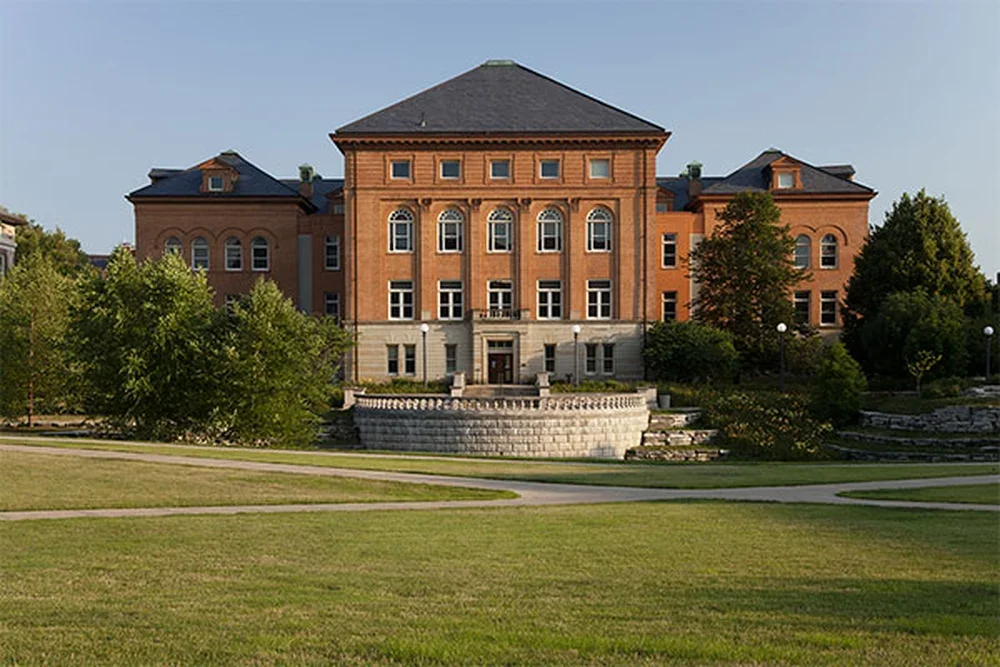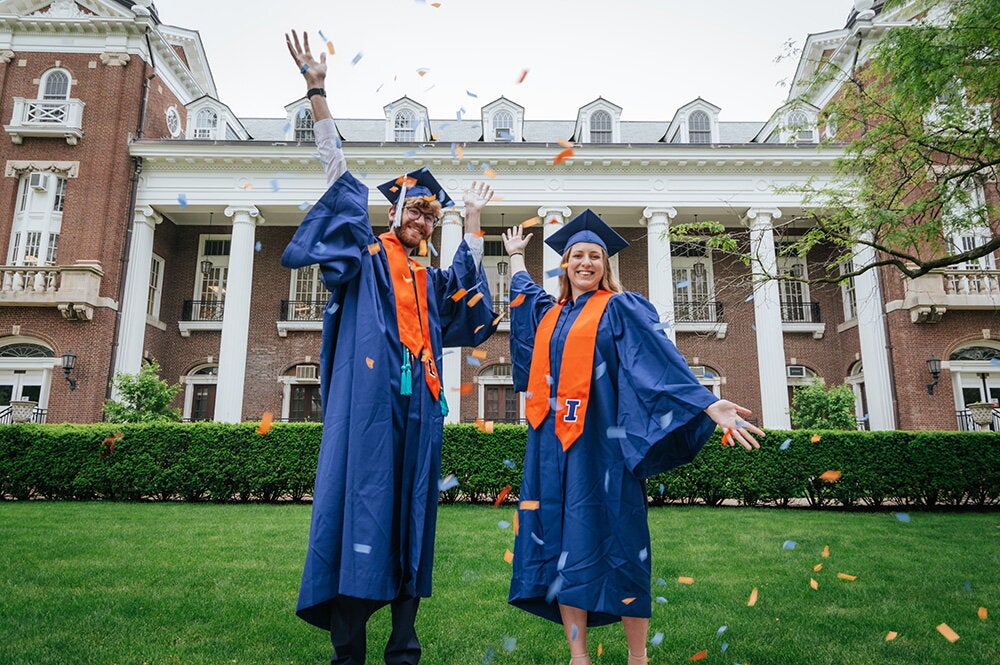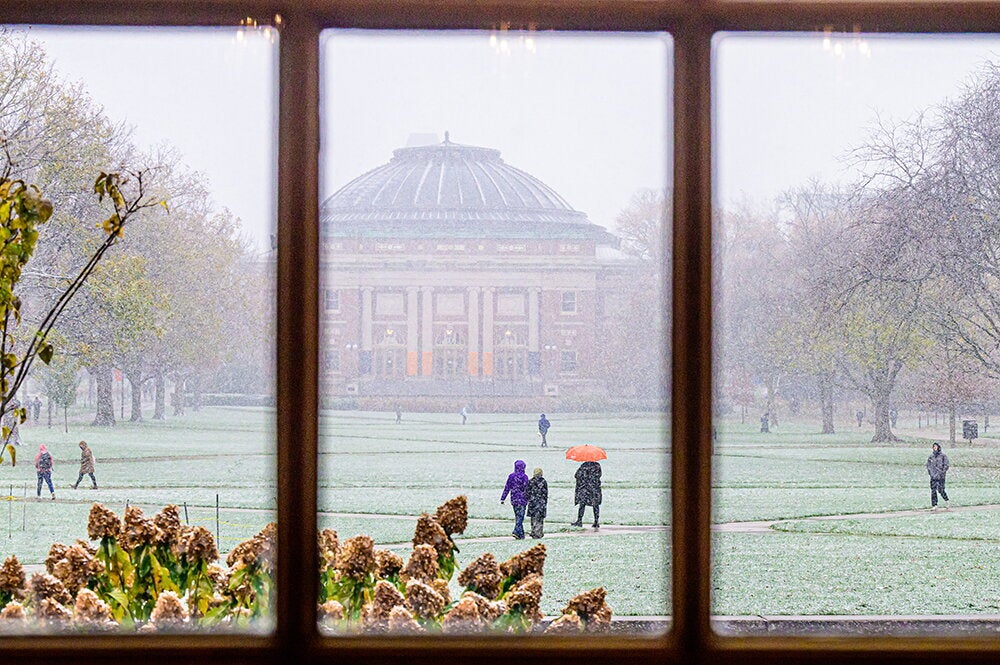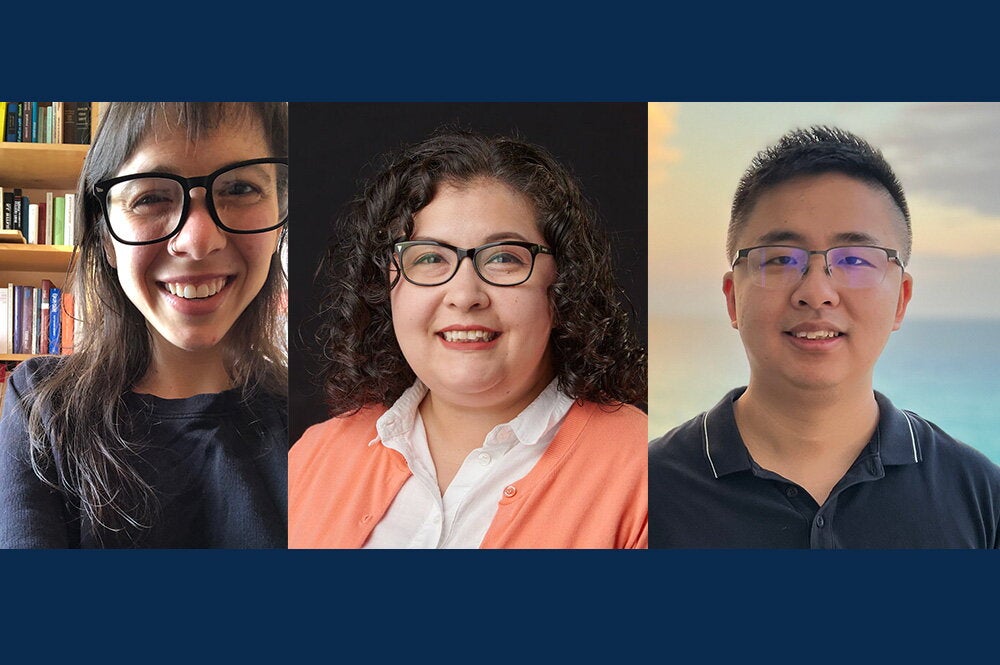
The rich variety of English language expression goes well beyond the British or American versions. A group of University of Illinois graduate students set out this year to explore the diverse ethnic ways of speaking English, and how the language can overcome barriers set up by native and non-native speakers to truly emerge as a worldwide lingua franca.
Twice monthly, the group gathers to share observations on readings. The group questions some of what they call "linguistic myths" that are associated with English and discusses how English has evolved in places such as India, Hong Kong, Singapore, Jamaica, and Southeast Asia.
Here are some examples of what they have learned:
- When English is spoken in other parts of the world, it gets localized and adapts to cultural norms.
- Native speakers of British and American English may question the legitimacy of these varieties of English.
- Vocabulary words sometimes take on different meanings in different countries. In Hong Kong, an astronaut is a high-level public servant in the civil service.
- Grammatical structures that may be considered incorrect by native speakers have become the norm in the "deviant" Englishes spoken in Hong Kong, Korea, and other Asian countries.
Supported by the Illinois Program for Research in the Humanities, the collaboration is more than an academic exercise. The topic resonates with its participants, who are from different ethnic backgrounds and study myriad disciplines, in a personal manner.
"We're sharing our experience as English learners or English teachers," says Tomomi Kumai, a group organizer who is a linguistics graduate student and native of Japan. "There are some natives and non-natives, and some people who went to other parts of the world to teach English. When we read the books [for the reading group], we relate the theories to our own experiences."


